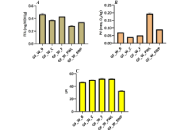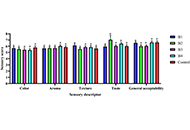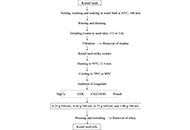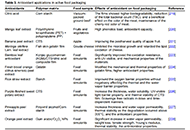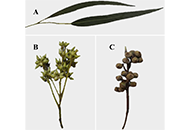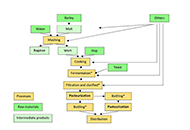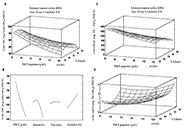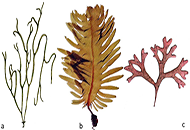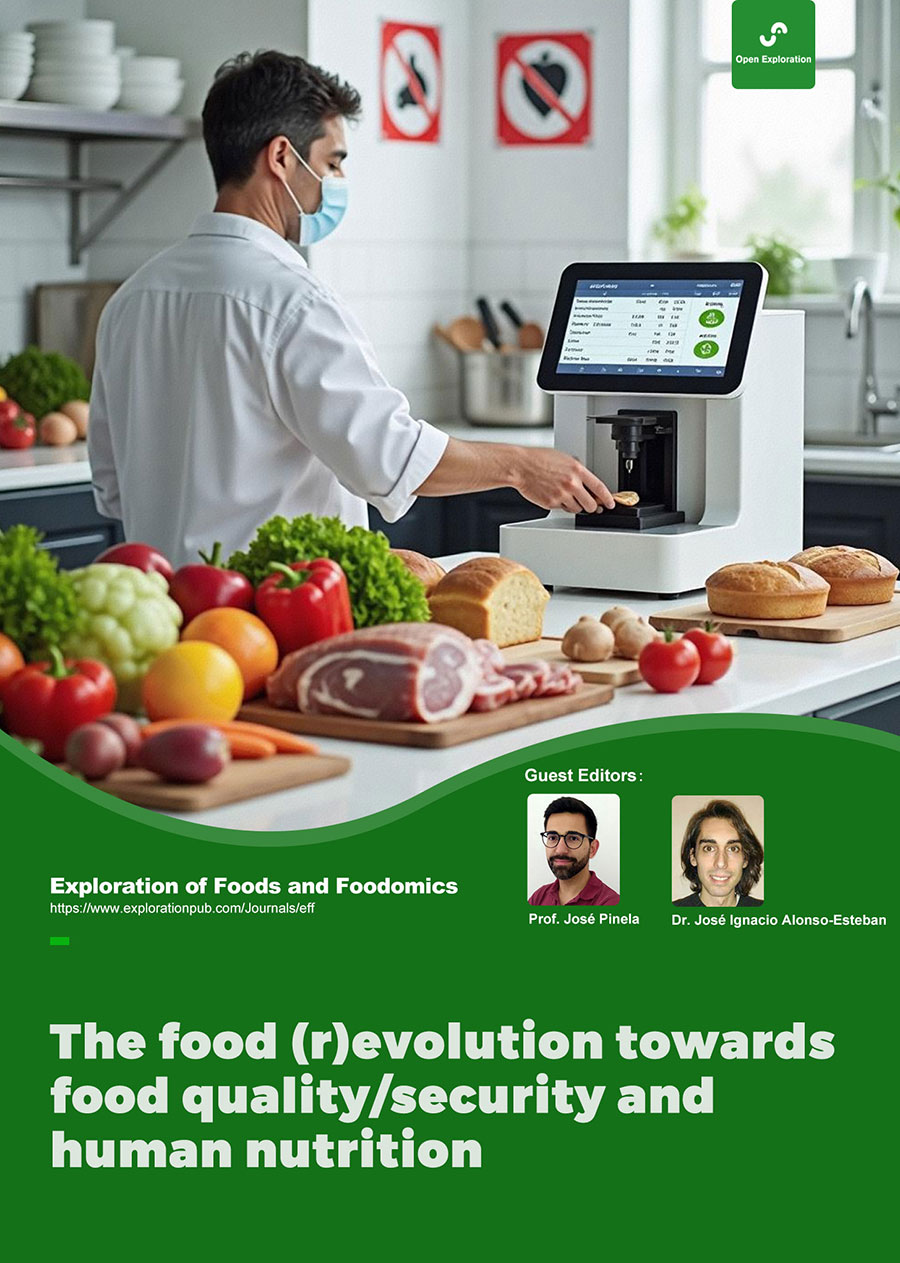
The food (r)evolution towards food quality/security and human nutrition
Guest Editors
José Pinela E-Mail
Researcher at National Institute of Agrarian and Veterinary Research, Vairão, Vila do Conde, Portugal; Collaborator at Mountain Research Center (CIMO) and Associated Laboratory for Sustainability and Technology in Mountain Regions (SusTEC) of the Polytechnic Institute of Bragança, Bragança, Portugal
Research Keywords: food chemistry; food processing; bioactive ingredients; food safety; food contaminants
José Ignacio Alonso-Esteban E-Mail
Department of Nutrition and Food Science, Faculty of Pharmacy, Complutense University of Madrid, Plaza Ramón y Cajal s/n, 28040 Madrid, Spain
Research Keywords: edible plants; nutrients; antinutrients; bioactive compounds; biological properties
About the Special lssue
The United Nations (UN) estimates that the world population could reach around 10.4 billion people during the 2080s. This population growth prospect combined with sustainability concerns on the global food system has opened up many discussions on food security. In this context, the current agri-food system, increasingly criticized for its harmful environment impact and high consumption of natural resources, has been put into question for being capable of addressing the current challenges of population growth and climate change. Therefore, challenges related to food insecurity and malnutrition and responsible consumption and production feature prominently in the UN's 2030 Agenda for Sustainable Development. So how can a growing and changing world be fed nutritious and safe food?
This special issue aims to provide an overview of novel strategies and solutions that have been studied and implemented at both local and international level with the aim of making the current food system more circular and resilient, and capable of providing safe and high-quality foods and food ingredients. Researchers are invited to contribute original research and review articles focused on transdisciplinary aspects related to: i) the challenge of feeding a changing world threatened by the depletion of natural resources and climate change; ii) future foods and alternative sources of protein, dietary fiber and micronutrients; iii) sustainable agri-food processes and manufacturing technologies, including food processing and preservation, food design and food (bio)technology; iv) bio-based food ingredients/additives and human nutrition; and v) food loss and waste reduction and upcycling approaches. The visibility and impact of these works will be promoted through the open-access platform of EFF.
Keywords: sustainable foods; functional foods; biofortified foods; alternative protein; wild foods; food processing; food preservation; food additives; agri-food waste; natural ingredients; contemporary diets
Published Articles
